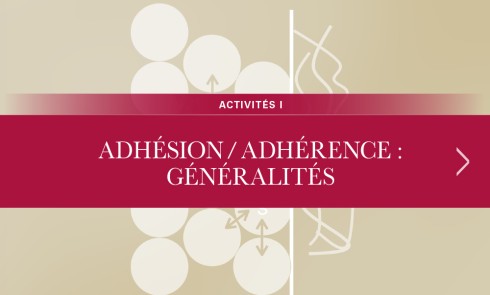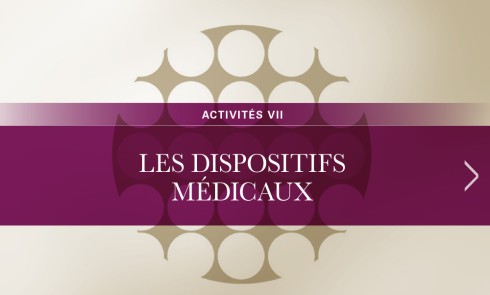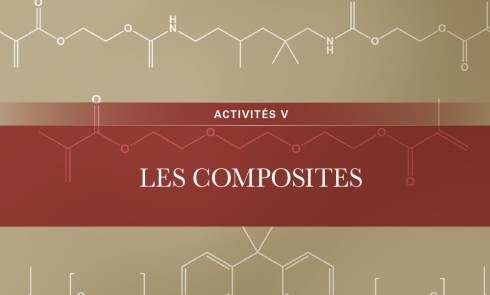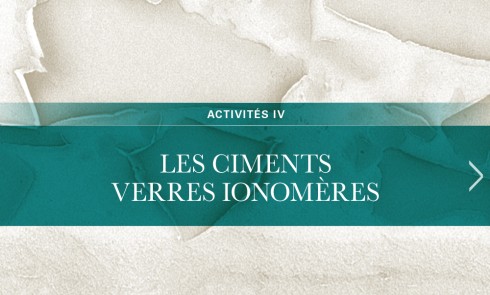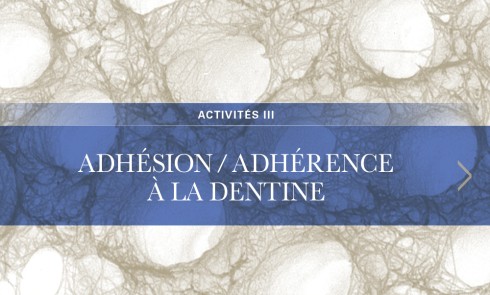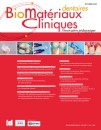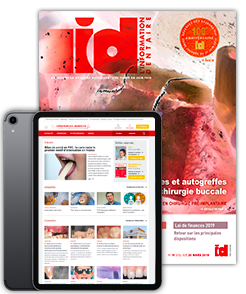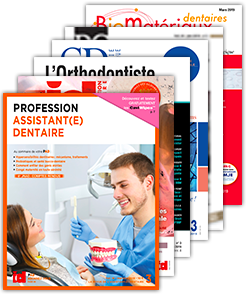Dental caries continues to be one of the most prevalent non-communicable diseases worldwide, affecting billions of people, with a social gradient. Recent conceptualization of the disease considers dental caries as an ecological sugar-dependent dysbiosis caused by pathobionts [1]. Sugars in caries are pivotal. When they (all fermentable carbohydrates) are consumed in high amount and frequency from the diet [2], dental bacteria metabolize carbohydrates and produce acids, creating an imbalanced condition that alters symbiosis. This imbalance is called dysbiosis, whereby ubiquitous microorganisms of the dental biofilm become more virulent by bacterial competition. Thus, dental caries can be considered as a disease characterized by a process of demineralization of the hard dental tissues, caused by frequent sugars exposure to the dental biofilm, which shifts the ecological balance towards a polymicrobial dysbiosis [3]. Despite the widely acknowledged role of sugars in caries causation and pathogenesis, the role of the other nutrients present in normal diets is scarcely investigated. This article reviews the evidence gathered on the role of diet and nutrition in caries, with a focus on the other nutritional components in the diet, different from sugars.
Diet and caries, the pivotal role of sugars
Several reports have demonstrated that bacteria from the mutans group, including S. mutans and S. sobrinus, are endowed with efficient metabolic mechanisms to better utilize simple sugars than other fermentable substrates and thus, promote the formation of cariogenic biofilms. It is important to emphasize though, that this property is not restricted only to these bacteria, as there are many other species in the dental biofilm that can metabolize sugars, including yeasts. Besides being the most efficiently metabolized sugar by acidogenic bacteria to form acids, the dissaccharide sucrose is also the most important source for extracellular polysaccharide formation through. Hence…



